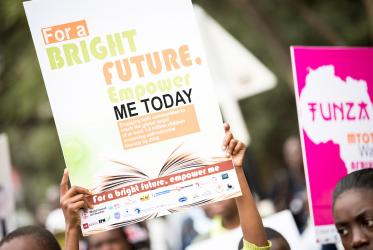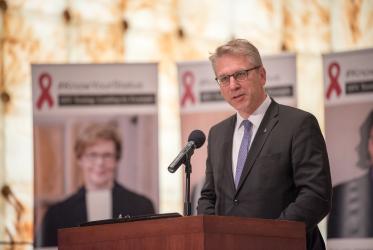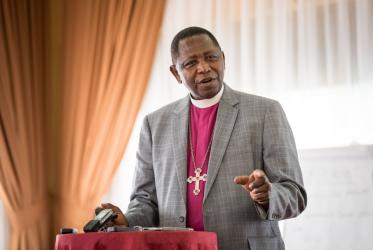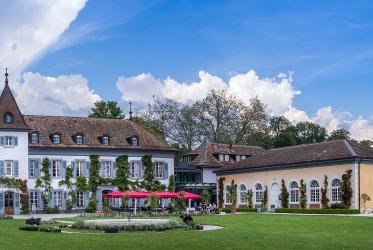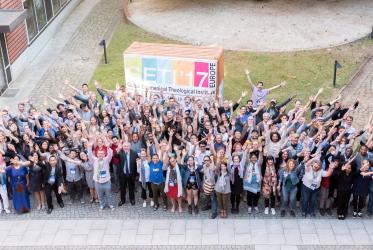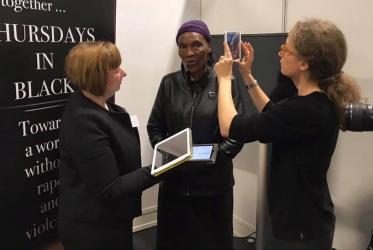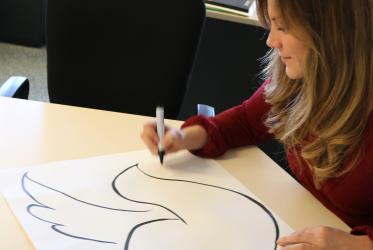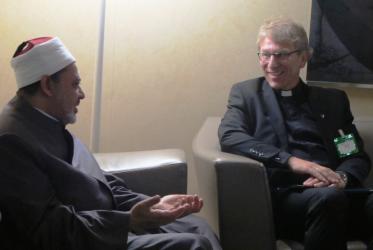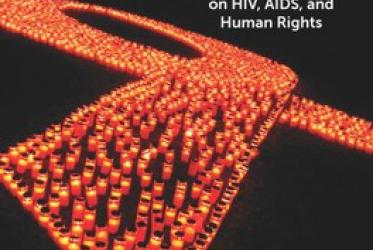Displaying 41 - 60 of 97
Conversation on HIV “must continue,” Faith Networking Zone shows
07 December 2017
“It will take faith to get down to business, to overcome HIV and AIDS”
13 September 2017
“Facing the storm of HIV, we can move together, be agents of change”
06 September 2017
"We have our work cut out for us"
10 August 2017
WCC students study what makes a peace communicator
18 July 2017
Nigerian breaks down stereotypes on Muslims
13 July 2017
“We are to pass on the mantle”
31 May 2017
How do you say “peace?”
20 February 2017
WCC hosts discussion on religious radicalisation
13 December 2016
Dialogue flourishes between WCC, Muslim Council of Elders
30 September 2016
WCC book featured in UN discussion on gender, religions and health
16 September 2016
